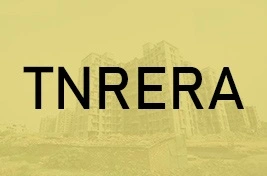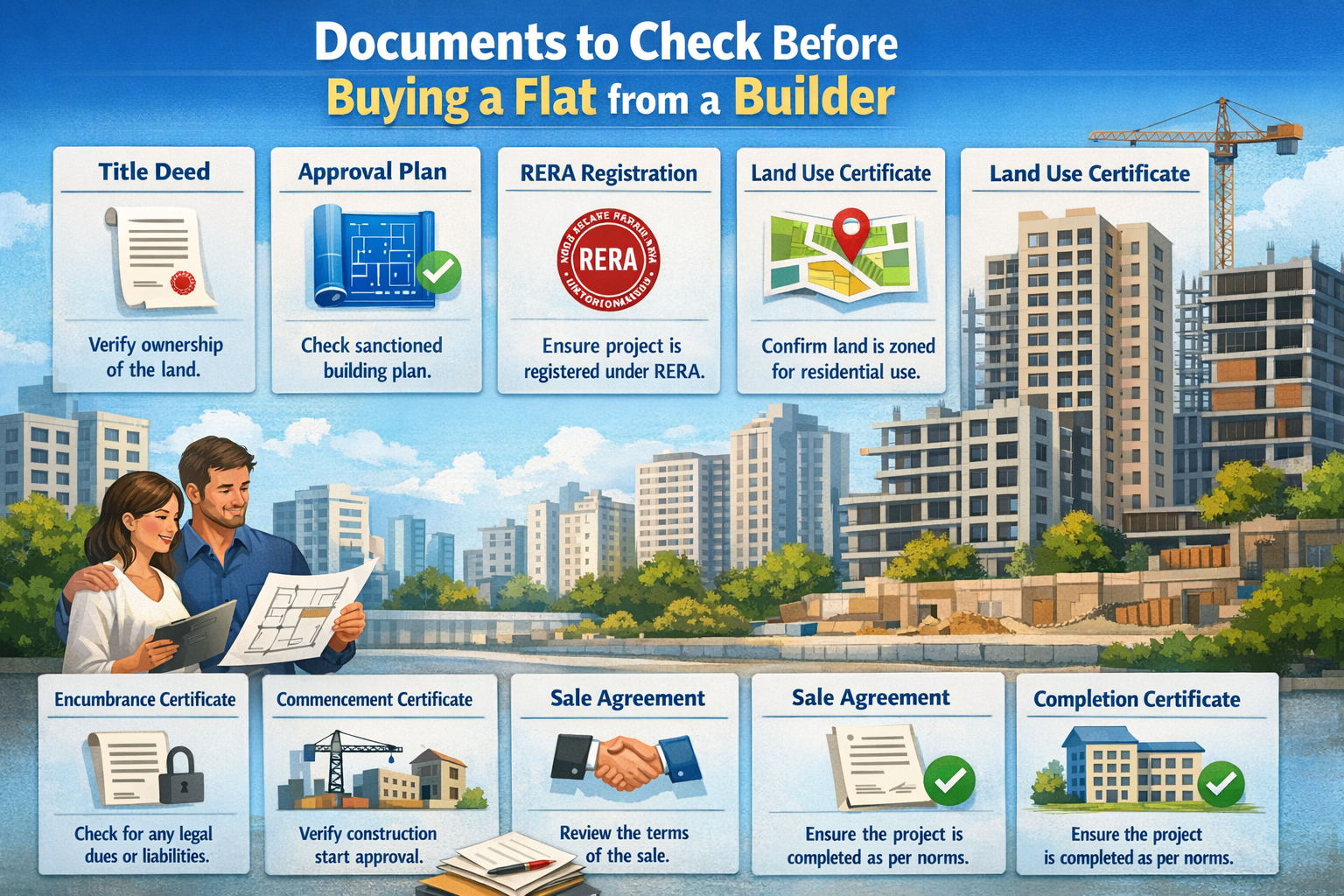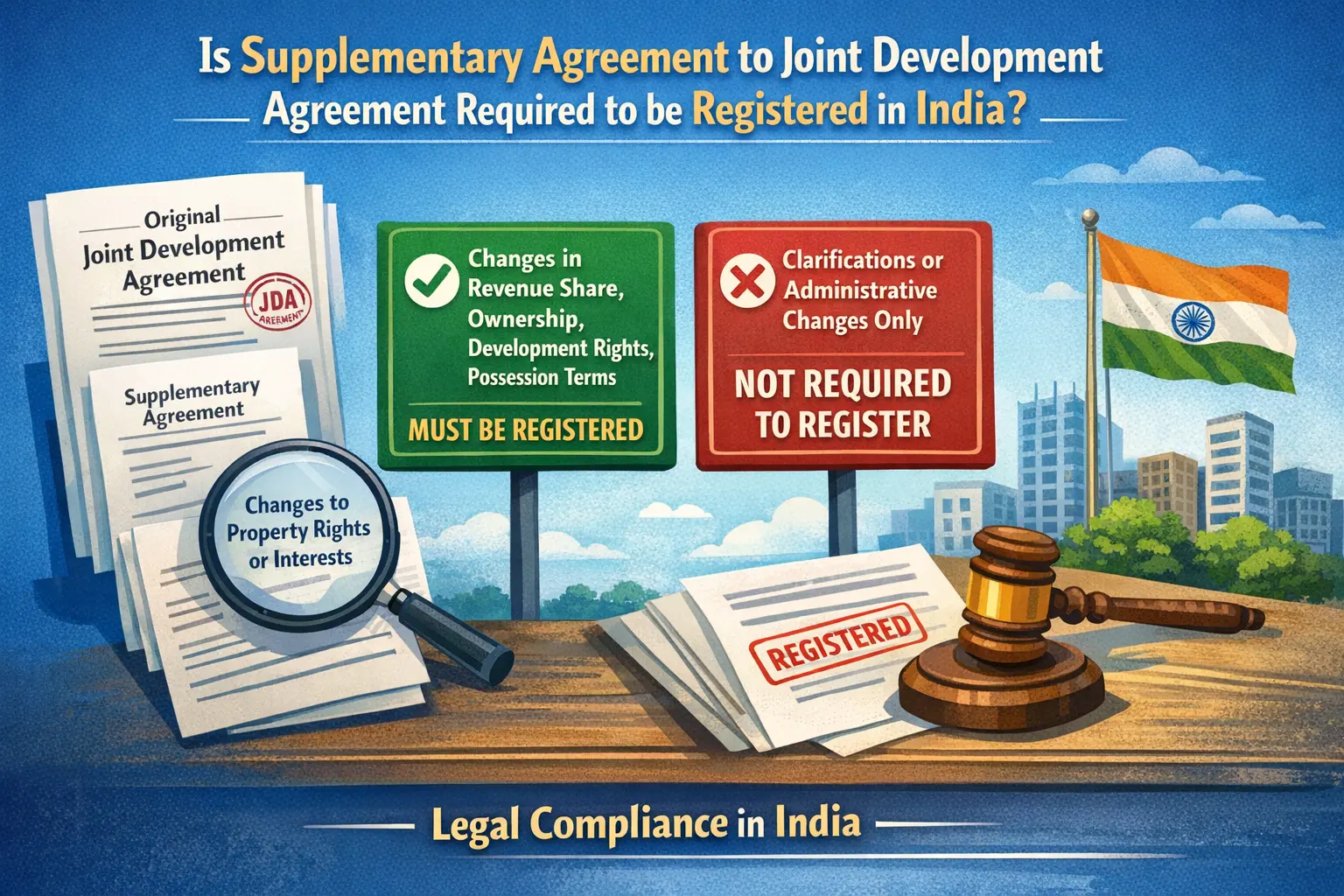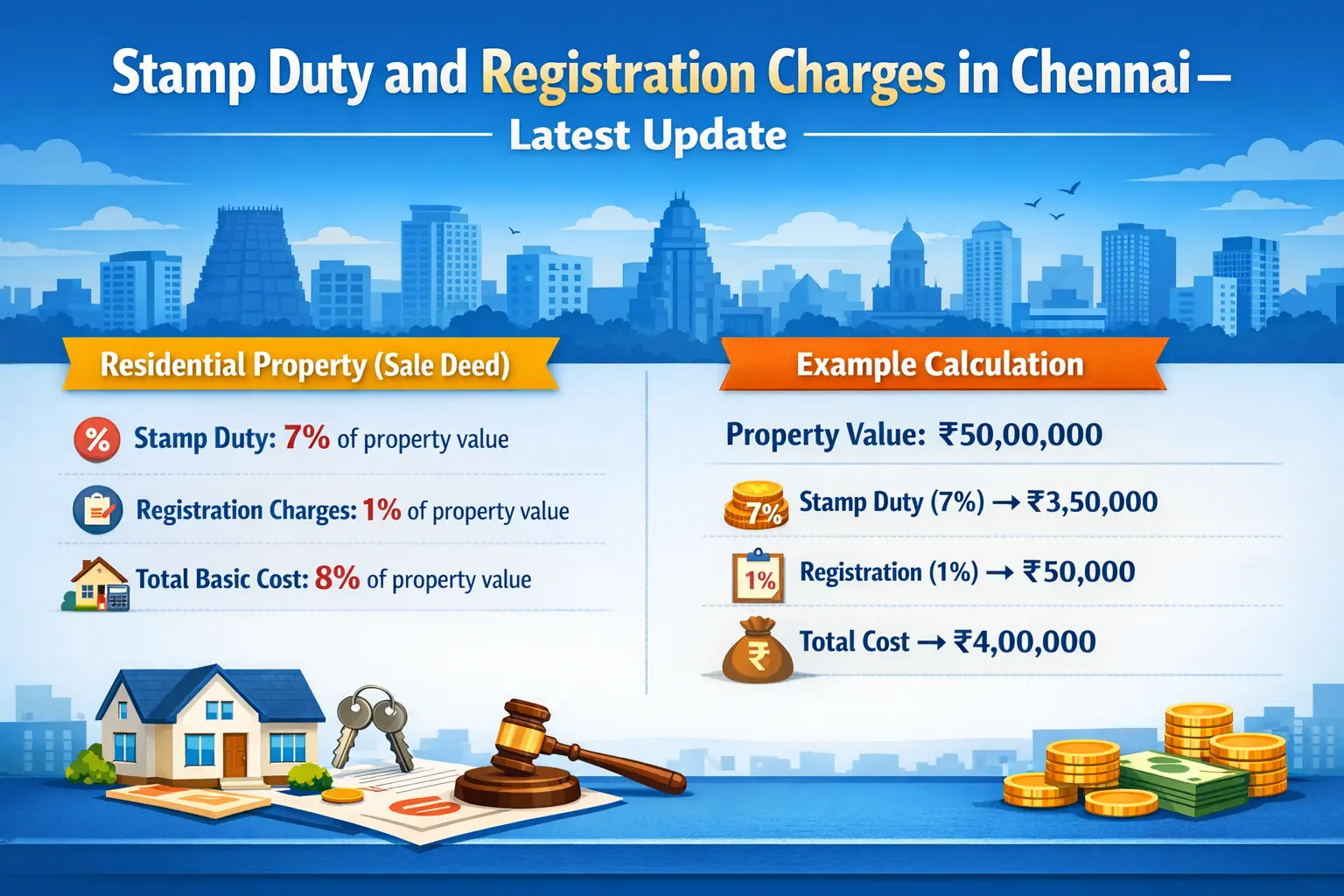The Tamil Nadu Real Estate Regulatory Authority (TNRERA) has rolled out significant regulatory updates in 2025, reshaping how real estate projects are marketed, executed, and presented to the public. These changes are designed to promote transparency, accountability, and consumer protection—especially for home buyers, who often rely heavily on advertising claims before investing in a property. In this blog, we break down the latest TNRERA rules, how they impact home buyers and builders, and what steps each stakeholder should take to stay compliant or informed.
Key TNRERA Rules Introduced in 2025
1. Mandatory Details in All Advertisements (Effective July 1, 2025)
TNRERA now requires that every real estate ad—be it print, digital, hoardings, social media, or brochures—must include:
-
RERA registration number
-
Promoter’s name and contact details
-
Exact project location with Google-based distance (not travel time)
-
QR Code linking to the RERA Form-C
-
RERA website address
-
Full list of approved amenities—only as per the agreement or brochure
Visit: https://www.rera.tn.gov.in/
2. Mandatory Display Board at Project Site
From May 2025 onwards, all registered real estate projects must install a 2 ft x 4 ft board on-site showing:
-
Project Name
-
TNRERA Registration Number
-
Promoter Name
-
Expected Completion Date
-
TNRERA website URL
This board must be clearly visible from public roads, and evidence of installation (photos and certificate from engineer/architect) must be submitted to TNRERA.
3. Prohibition on Blocking Public Roads in Layouts
TNRERA now enforces a rule that developers cannot construct gates or walls blocking public roads in layouts. Such structures must be removed before the project can be approved. This ensures open access to community spaces and avoids conflict with local municipalities.
Impact on Home Buyers
1. More Transparency, Less Misleading Ads
Buyers can now verify every claim made in ads—using QR codes, RERA registration, and promoter details. The days of falling for flashy ads with no substance are ending.
2. Easy Project Verification
Before booking a flat or villa, you can now simply scan the QR code on an ad or brochure to verify:
-
Project approvals
-
Expected delivery timelines
-
Actual amenities
3. Legal Protection
If a promoter misrepresents facts or delays possession, buyers now have a strong case to file complaints under RERA, backed by documented proof from ads and brochures.
Impact on Builders & Developers
1. Tighter Ad Compliance
Marketing agencies and promoters must revamp all existing materials to include the mandatory disclosures. Non-compliance can result in:
-
Hefty fines
-
Project delays
-
Legal notices from TNRERA
2. On-Site Display Rules
Builders must set up the RERA display board immediately after registration—before starting promotions or bookings.
3. No Gated Public Roads
Gated communities are still allowed—but roads marked as public in approved layouts must remain accessible without gates. Any violation will stall project approval and completion certification.
The 2025 TNRERA updates are a welcome move toward a more accountable and transparent real estate market in Tamil Nadu. While they may increase short-term effort for builders and marketers, they ultimately build trust and boost buyer confidence, leading to better sales and long-term goodwill.
Whether you're planning to buy a home in Chennai or launch a new project, understanding these rules is not just good practice—it’s a legal necessity.
https://www.livehomes.in/blogs













